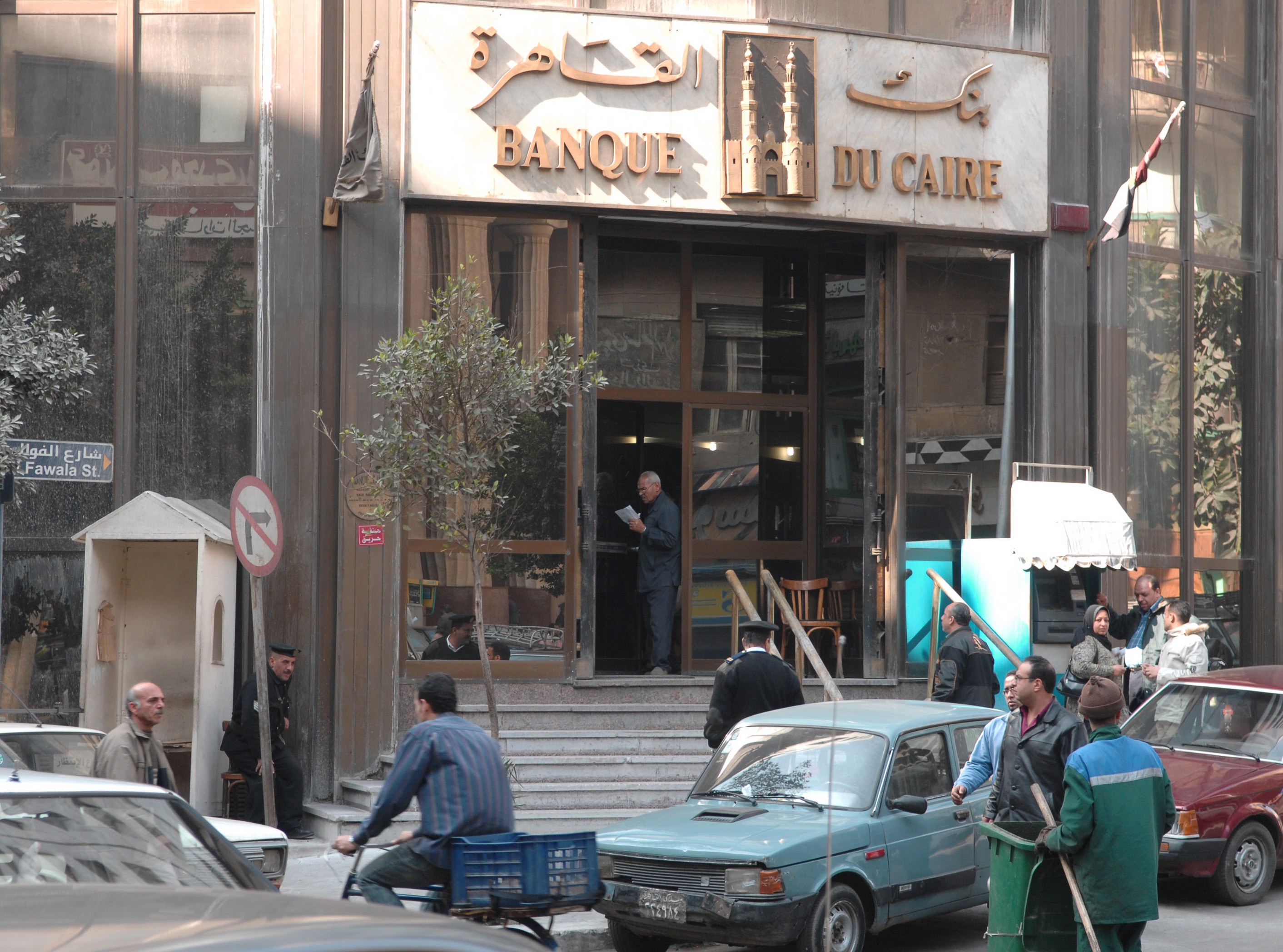CAIRO: Egypt’s El Sewedy Electrometer will supply Zambian energy supplier Zesco with 400,000 electric meters and 2 million energy efficient light bulbs annually starting April, when the company’s unit in Zambia plans to open a new light bulb factory.
The agreement, signed at a business forum last week, and will see the Zambian government finance 40 percent of the total cost (about $30-35 million) while the remaining 60 percent will be met by El Sewedy.
At the Egypt-Zambia Investment Forum held in Cairo in late December, Trade Minister Rachid Mohamed Rachid, also acting investment minister, said that Egypt is committed to providing support and assistance to Africa’s development goals, which represents an important strategic area in Egypt’s plans for investment and trade.
Rupiah Banda, president of the Republic of Zambia, cited in his keynote speech the strength of bilateral relations, pointing out that there was vast potential for investment and trade.
Egypt’s exports to Zambia amount to $15 million, while Zambia exports to Egypt are $106 million, he said.
Egyptian investors were urged to increase investments particularly in Zambia’s infrastructure, and expanding bilateral trade was also highlighted as vital.
For their side, Zambian officials said the government would create an attractive investment environment and facilitate business processes.
Government-owned Zambia Electricity Supply Corporation Limited (ZESCO), is the largest power producing company in the country, providing around 80 percent of consumption needs.
Neveen El-Shafei, vice chairman of the General Authority for Investment (GAFI), highlighting developments in the country’s investment climate, including reduced tax rates, reformed financial services and banking sector and developments in investment legislation.
Muhabi Lungu, director of investment promotion and privatization at the Zambia Development Agency, said, “Just like Egypt, we in Zambia have been making enormous strides in the past 10 years.”
He highlighted Zambia’s central role as one of Africa’s hubs for trade, being at the crossroads of the COMESA and Southern African Development Community (SADC) markets with significant road infrastructure to several African ports.
“Investors are mainly coming to Zambia because of very high return on equity averaging 21 percent, which is much higher than most regional averages,” he said.
Zambia prioritizes agriculture, manufacturing, mining, tourism and energy, adding that investments in these sectors enjoy tax incentives.
“Investors who invest not less than $500,000 in the Multi Facility Economic Zones (MFEZ) or in these priority sectors enjoy being exempt from taxes on dividends for five years from year of first declaration of dividends, no tax on profits for five years from the first year profits and for year six to eight, only 50 percent of profits are taxable; for years nine and 10, only 75 percent of profits are taxable,” he said.
There are no import duties on raw materials, capital goods, machinery including trucks and specialized motor vehicles for five years and these companies could defer VAT on machinery and equipment including trucks and specialized motor vehicles.
Ahmed El Sewedy, CEO of Sewedy Cables, and Khaled Foaud, board director of Zambia Electrometer, shared their investment experience in Zambia, both crediting the government for supporting their businesses.
Foaud said: “We invite you to join us and share our successful investment experience in Zambia.”



